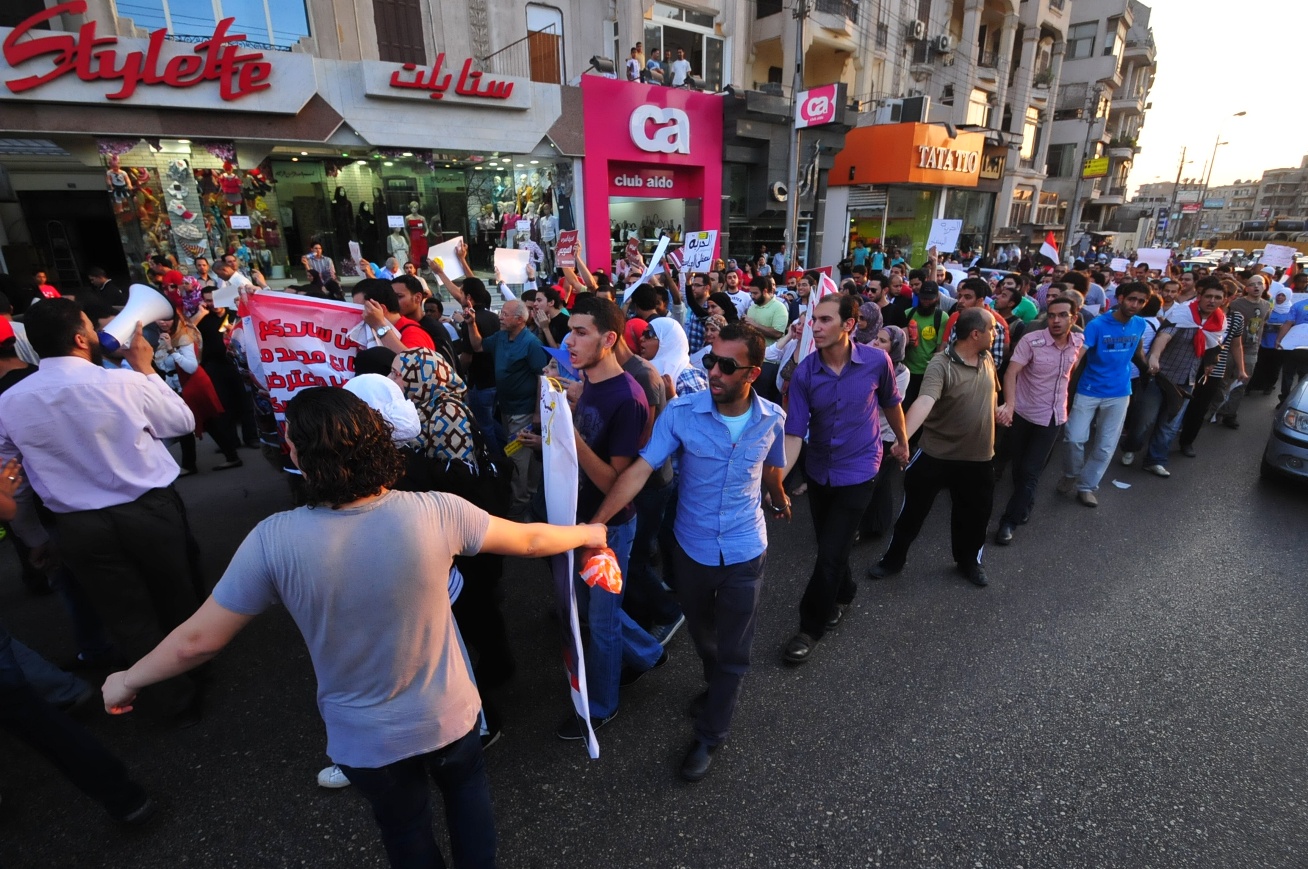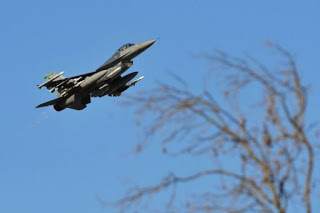LONDON: Britain refused entry Thursday to a far-right Dutch politician accused of inciting anti-Islamic hatred, drawing an expression of regret from the Dutch government.
Geert Wilders, who has sparked a firestorm with his short film Fitna, was sent back home on a plane a few hours after being detained by immigration officials on arrival at London s Heathrow airport.
Britain s Home Office said he was turned back to stop him spreading hatred and violent messages .
He was refused entry. … Anybody who is refused entry to the UK will be detained and returned. They will not be allowed to enter the UK, a spokesman told AFP.
Foreign Secretary David Miliband, while admitting he had not seen the film, told the BBC: A hate-filled film which is designed to stir up religious and racial hatred in this country is contrary to our laws.
Dutch Foreign Minister Maxime Verhagen told his British counterpart in a phone call on Tuesday that The Hague strongly deplores Wilders exclusion.
After Wilders was turned away, foreign ministry spokesman Christof Prommersberger told AFP: The Netherlands regrets the decision.
We are of the opinion that any Dutch parliamentarian should be able to travel freely in the European Union.
Wilders had been invited to screen his 17-minute film in the House of Lords, Britain s unelected upper chamber of parliament. The private screening later went ahead in his absence.
He said his film had already been shown in the Danish parliament, and he planned to take it to Italy and to the US House of Representatives in the coming weeks.
I was very surprised and very saddened that the freedom of speech that I believe was a very strong point in UK society is being harassed today, he told the BBC, calling Prime Minister Gordon Brown the biggest coward in Europe.
We should have a public debate, we should have freedom of speech. It s very easy to invite people who agree with you … I think that a discussion is always better than barring people or turning people away, he said.
Wilders film, which likens Islam to Nazism and juxtaposes images of the 9/11 attacks with pictures of the Quran, has been described as offensively anti-Islamic by United Nations Secretary-General Ban Ki-moon.
The member of the House of Lords who invited Wilders to show the film there criticized the decision to refuse him entry.
We are coming at this from the angle of free speech. This man must be allowed to say what he wants and then answer questions about it, said Lord Malcolm Pearson of the United Kingdom Independence Party (UKIP).
I think this man is raising one of the most important issues of our time, which is Islamic militarism, which is a violent jihad.
Fellow peer Baroness Caroline Cox told reporters later: We ve always said we don t agree with everything he says or everything he s said … but he clearly has the right to be here to defend the allegations.
But the Home Office said it could not allow him into the country.
The government opposes extremism in all its forms. It will stop those who want to spread extremism, hatred and violent messages in our communities from coming to our country, said a spokesman.
Wilders, 45, who is facing trial in the Netherlands for inciting hatred and discrimination against Muslims, is the leader of the Party for Freedom (PVV), which has nine seats in the Dutch parliament.
After he was sent home Thursday a Dutch foreign ministry spokesman said: The United Kingdom has the right, just like the Netherlands, to refuse people entry for reasons of safety and security.
Of course we acknowledge that right, but we do not agree with the way it is being exercised in this case.

